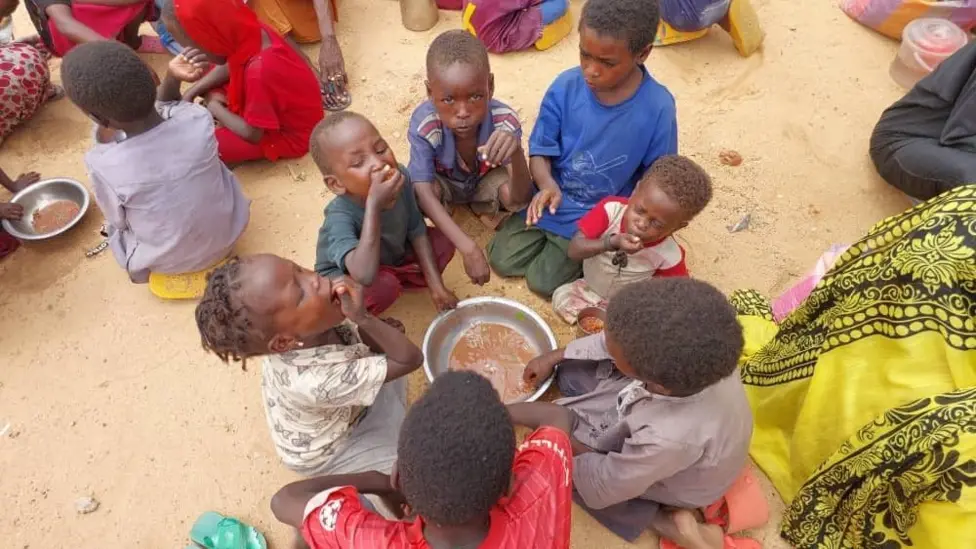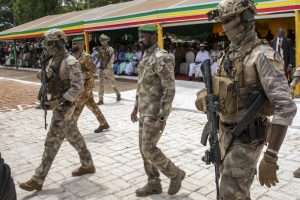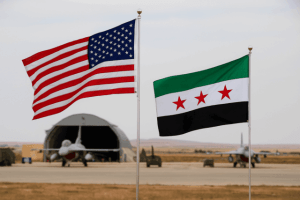Sudan’s life-saving community kitchens on verge of collapse

A network of community kitchens in Sudan, which has been an essential lifeline for many civilians, is on the verge of closing down, and many will suffer if it does.
According to BBC News on November 7, the warning from aid organisation Islamic Relief comes from a UN-backed global hunger monitor, which confirmed the high levels of famine conditions that have and will continue to affect conflict zones.
The locally run kitchens have been in areas that have made it extremely difficult for humanitarian groups to access, and this has contributed to the decline in shortages and volunteer exhaustion and can lead to closure for the kitchens.
The UN has called Sudan the world’s largest humanitarian crisis, with estimates of around 24 million people who are facing acute food shortages.
Out of the millions of people suffering due to famine, a large number of them are also children who suffer from malnutrition.
In July 2025, in the Lagawa displacement camp, thirteen children died due to food shortages.
And this figure was revealed by the Sudan doctors network, an organisation with members working inside the Lawgwa camp.

UNICEF also reported that the number of malnourished children has doubled since 2024 in North Darfur.
With Sudan brutally suffering through two years of the war that broke out between the army and the paramilitary Rapid Support Forces (RSF), and the decline in food shortages, concerns for Sudan rise about whether there will be any kitchens left to supply people in need.
Most of the kitchens “will close if nothing changes in six months, with maybe one or two surviving in each area”, one volunteer is quoted by the Islamic Relief report.
The recent RSF drone strikes that occurred in October have also had a significant impact on food shortages and supplies. According to a volunteer, over the two weeks at the time of their statement, drones have bombed various alternative markets that were heavily relied on by residents for survival.
Aid agencies say that both sides obstruct deliveries with bureaucratic delays and denials. And to make matters worse, they will often market distributions due to blockades, insecurity, and looting.
The hunger crisis is worsening in areas such as el-Fasher in western Darfur and Kadugli in southern Kordofan state, both of which are largely cut off from supplies and humanitarian assistance.
A volunteer from Omdurman quoted “we don’t have a formal system, we feed everyone, but one time we had to tell a mother at the end of the day that we had nothing left for her two children and that she could come back tomorrow early, she didn’t even cry, she just looked deflated.”
BBC News, Maghrebi.org
Want to chase the pulse of North Africa?
Subscribe to receive our FREE weekly PDF magazine














